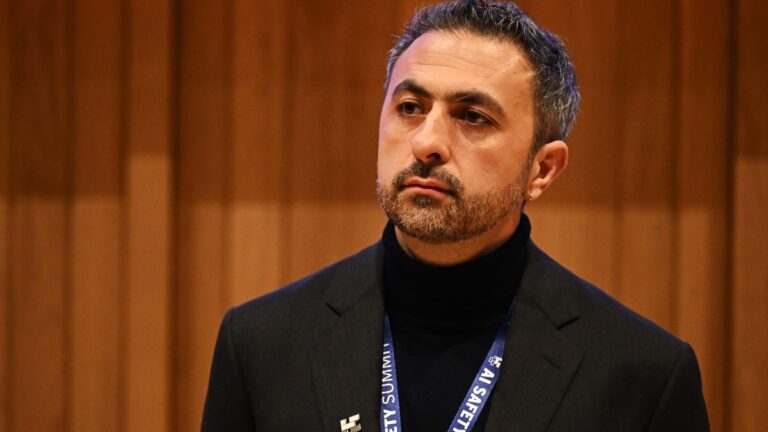Microsoft’s AI chief said those building AI should make sure it’s easy for the public to understand – and offered his own analogy to achieve that.
Mustafa Soliman, general manager of Microsoft AIsaid during a conference at TED 2024 that AI is the most recent wave of creation since the beginning of life on Earth, and that “we are in the fastest and largest wave ever seen”.
Suleyman said the industry must find the right analogies for the future potential of AI to “prioritize safety” and “ensure this new wave always serves and amplifies humanity.” Although the AI community has always referred to AI technology as “tools,” Suleyman said the term does not capture its capabilities.
“To contain this wave, place human action at its center, and mitigate the inevitable unintended consequences that may arise, we should start thinking about it as we would a new type of digital species,” Suleyman said.
He also said he saw a future in which “everything” — from people to businesses to government — would be represented by an interactive personality, or “personal AI” that is “infinitely informed,” “factually accurate.” and reliable.
“If AI delivers only a fraction of its potential” to find solutions to problems in everything from health care to education to climate change, “the next decade will be the most productive of human history,” Suleyman said.
When asked what keeps him up at night, Suleyman said the AI industry risks falling into the “pessimism aversion trap,” when in reality it should “ have the courage to face the potential for dark scenarios” to get the most out of AI. potential benefits.
“The good news is if you look at the last two or three years, there has been very, very little downside,” Suleyman said. “It is very difficult to say explicitly what harm an LLM has caused. But that doesn’t mean that’s the trajectory the trajectory will take over the next ten years.”
Although Suleyman estimates it will be five to 10 years before humans face the dangers of autonomous AI models, he believes these potential dangers should be discussed now.
This article was originally published on Quartz.


